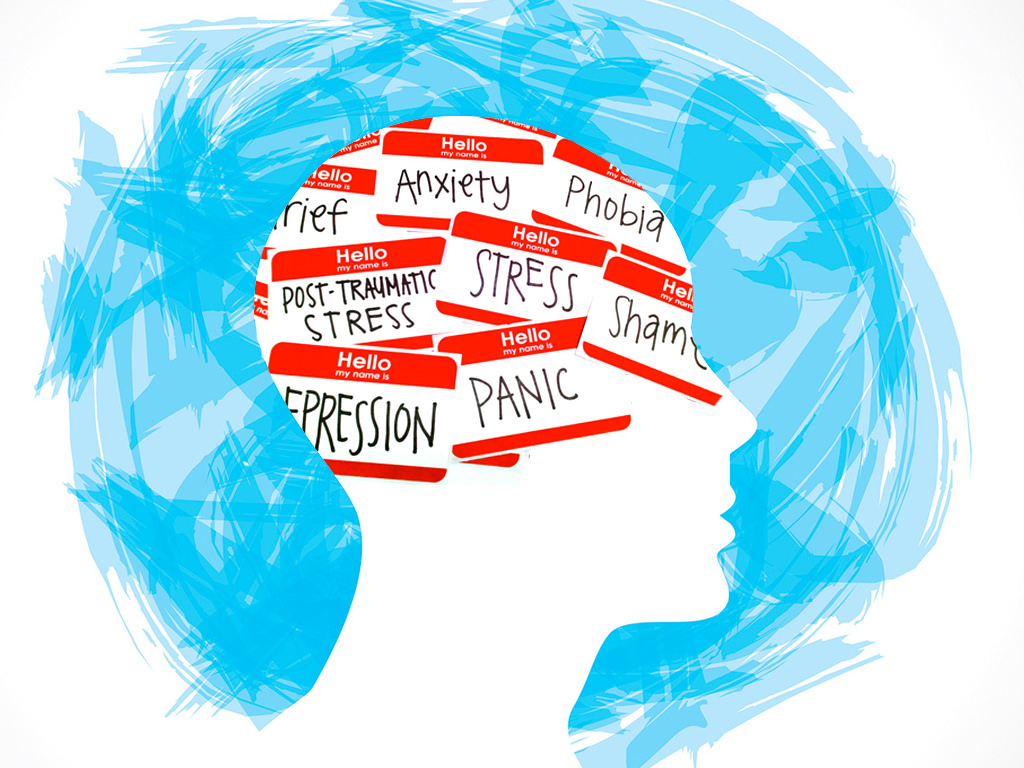College Mental Health and Adolescent Advice
By Virginia Quach, NAMI Dane County Intern
The period of adolescence is a critical time of development. From learning how to maintain and form social networks to managing emotional and mental wellbeing, adolescence can be a difficult transition stage that requires increased attention and support. According to the World Health Organization: “An estimated 10–20% of adolescents globally experience mental health conditions, yet these remain under diagnosed and under treated” (2019). There are various risk factors —poverty, peer pressure, technology, media, and social and economic stress— that lead to increased vulnerability to mental health challenges. By neglecting to tackle these risk factors adolescents may face greater negative impacts to their mental health.
Depression and anxiety are some of the few leading causes of illness and disability for adolescents across the world (World Health Organization, 2019). These emotional disorders may negativity impact attendance, productivity and relationships among teens; at worse, they can lead to self harm and even suicide.
The idea of mental wellness for adolescents becomes especially crucial when considering the lives of students who are transitioning into college and higher level education. Statistics have shown: “Mental disorders account for nearly one-half of the disease burden for young adults in the United States, and most lifetime mental disorders have first onset by age 24 years” (Hunt, 2010). More than 65% of American high school graduates pursue postsecondary education, making the college years an important time frame that determines adolescent behaviors and attitudes onto their futures (Hunt, 2010).
Being away from home and adjusting to a new social climate can be extremely difficult; moreover, with school, work, and extracurricular activities added to the circumstance, maintaining one’s mental wellbeing and even physical health can become complicated or daunting.
In the current case with COVID-19, although adolescents have a lower risk to experience symptoms, the pandemic has nonetheless taken a toll and shifted the lives of teens during their transitioning stages, especially entering college. During teenage years, students experience the most social and emotional development. Specifically, connections to peers and access to social outlets becomes a primary focus and necessity for mental and emotional wellbeing. Social distancing during the pandemic has offset these possible connections and created barriers in communication, leading to sentiments of loneliness or isolation.
While the pandemic has altered the ways in which people interact, think, feel, and function on a daily basis, there are still ways to tackle struggles with mental health during these times; remember: you are not alone.
Here are some tips from college students for adolescents and peers looking for helpful ways to improve their experience and transition:
Take the time to explore your interests and understand what you like
In college, there are tons of resources and activities students can take advantage of and explore. Try something new and see if you like it! It might feel uncomfortable at first and you might even feel intimidated or isolated, but know that you’re not alone and plenty of people went through something similar and/or are experiencing the same feelings. Also, you can always reach out before to see if you like a program before participating in person. Take the time to research organizations and clubs to see what interests you.
Get comfortable with independence
At times it can feel pressuring in college to try to conform to social norms. A big part of college culture might be to join greek life, party, meet lots of people, or participate in dozens of clubs; however, it is completely acceptable to not participate in some or all of these things and to simply focus on yourself. You might be surrounded by an atmosphere of peer pressure and social activity, but learning to take care of your own personal needs beforehand and feeling comfortable with independence is important.
Don’t be afraid to ask for help and to take advantage of mental health services
Sometimes students fear seeking help due to stigma that surrounds mental health; however, reaching out and recognizing your struggles is the first step in recovery and you should never feel afraid to say that you’re not okay. There is a reason why support systems are in place: they are there to help you. It might be daunting to take the initiative to set up an appointment, so if you feel more comfortable, have someone you trust support you alongside the journey and process.
Take time for self care
Whether this means treating yourself, going outside to relax, playing video games or working out and maintaining healthy habits, it is important to understand that your body needs a break. Even with work, school, and other responsibilities piling up, prioritizing your health and mentality is always a good idea.
Start a journal or way to document and reflect on your emotions
At times you may not feel comfortable sharing your thoughts and emotions to others. Not everyone is comfortable with speaking to a professional as a first resource. Another way to cope with your feelings lies in creating outlets for expression rather than holding your emotions within. Start a journal, take pictures, or even create artwork that helps you understand how you feel and think.
Stay in touch and check up on the people that matter most to you
Simply asking “how are you?” or “what are you up to?” to someone you care about can go a long way. Sometimes when you are struggling with your mental health, you may feel like no one cares or that everyone is too busy to talk, but take the time out of your day to reach out to someone. You may learn something new, develop or redevelop a connection, or even get introduced to new opportunities and experiences.
Sources:
“Adolescent Mental Health.” World Health Organization, World Health Organization, 2019, www.who.int/news-room/fact-sheets/detail/adolescent-mental-health.
Hunt, Justin, and Daniel Eisenberg. “Mental Health Problems and Help-Seeking Behavior Among College Students.” Journal of Adolescent Health, Elsevier, 28 Oct. 2009, www.sciencedirect.com/science/article/abs/pii/S1054139X09003401.


